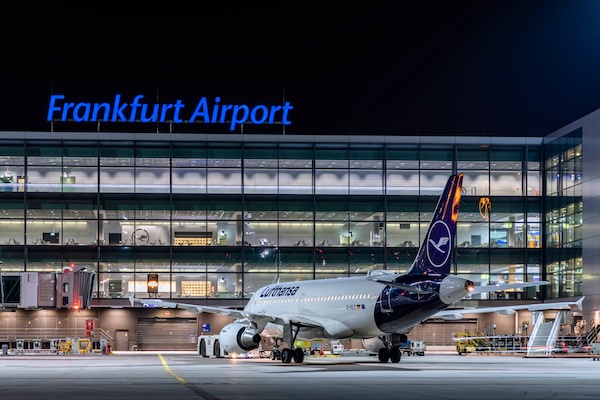Frankfurt Airport experienced a significant disruption due to climate activists, temporarily halting flight operations. These events highlight the ongoing conflict between environmental concerns and the aviation industry.
The protest at Germany’s busiest airport underscores the urgency of climate change debates and the impact of direct actions targeting infrastructure.
Early this morning, Frankfurt Airport, Germany’s busiest hub, faced an unexpected disruption caused by climate activists. These demonstrators managed to infiltrate the airport premises, leading to a temporary suspension of flight operations. The airport immediately issued a travel advisory via X/Twitter, urging passengers to review the status of their flights and allocate extra time for travel. This disruption underscores the ongoing tensions between environmental activism and the aviation industry.
The climate activist group, Letzte Generation (Last Generation), took credit for the protest, citing their method of access through the airport’s wire fence. This involved cutting openings and entering the area with unconventional means such as bicycles and skateboards. Their protest aimed to urge the German government to commit to a global cessation of oil, gas, and coal usage by 2030. The activists described their protest as a “peaceful, civil resistance.”
Germany’s Cologne-Bonn Airport recently experienced a similar protest by climate activists who glued themselves to a runway, demonstrating the widespread nature of this movement. Across Europe, attempts by activists have disrupted operations, signalling a significant rise in direct action targeting aviation to make a point about climate change urgency.
The protest attracted significant media coverage, sparking debates on the balance between security and protest rights. While authorities are firm on maintaining order, the protest highlights the pressing need for dialogues between the government and environmental groups.
Public opinion is divided, with some supporting the activists’ cause for greater environmental consciousness, while others criticise their disruptive methods. This division reflects a broader societal debate on how best to address climate change – through institutional reforms or grassroots activism.
In Europe and North America, similar peaceful protests have been organised, aiming to influence policy changes at both national and international levels. These movements strive to put climate change at the forefront of political agendas and demand concrete action from governments worldwide.
Looking ahead, the aviation industry may see increased activism as climate groups continue to push for renewable energy transitions. Stakeholders, including policymakers, airlines, and environmental groups, must work collaboratively to create feasible solutions that address environmental concerns while ensuring economic growth.
The incident at Frankfurt Airport marks a pivotal moment in climate activism, pressing the aviation sector towards more sustainable practices.
The actions remind stakeholders of the critical need for a balance between maintaining security and addressing environmental challenges.

